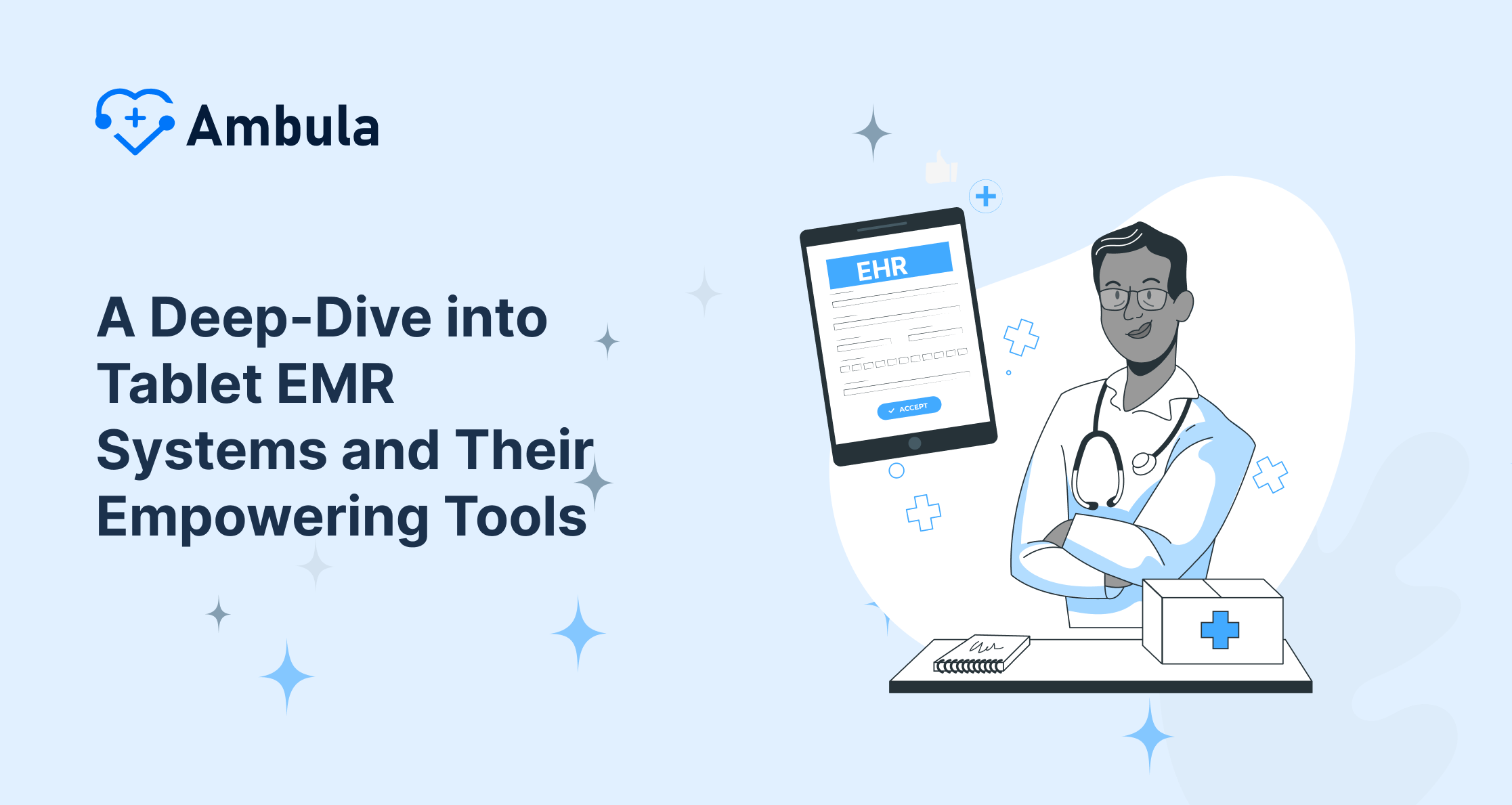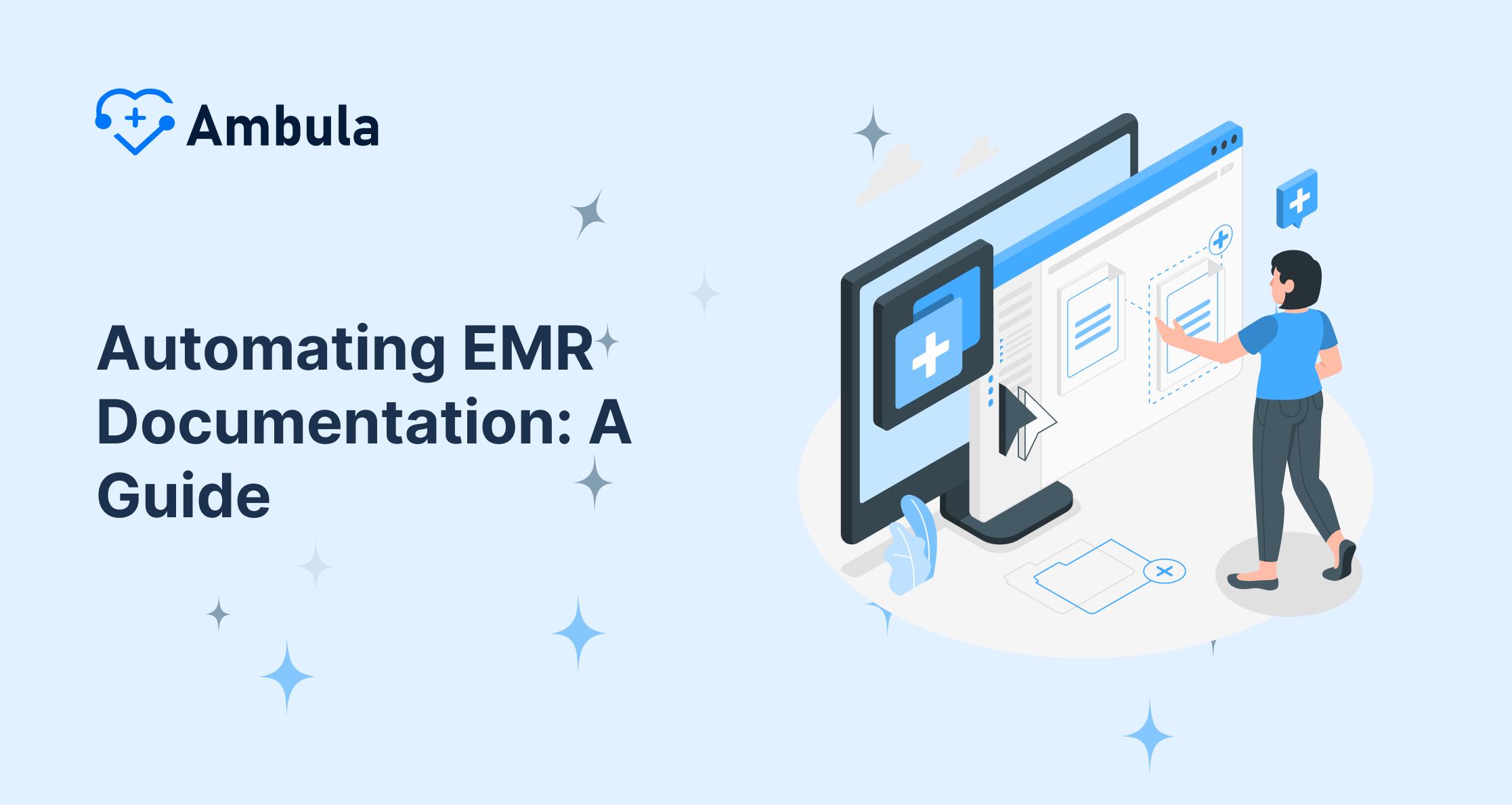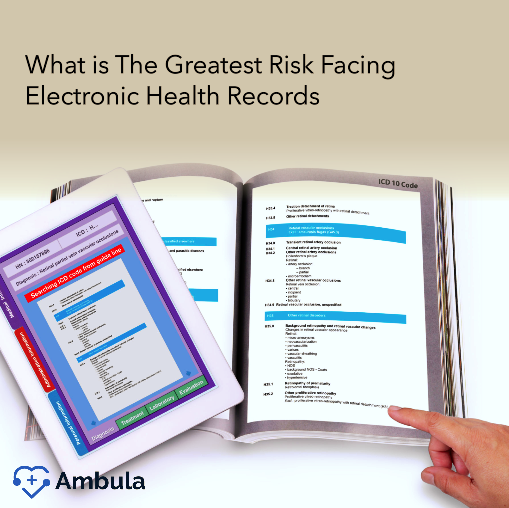
Overview
- Introduction to Medical EMR Systems
- What is a Medical EMR System?
- Benefits of Using Medical EMR Systems
- Drawbacks of Medical EMR Systems
- Implementation and Cost of Medical EMR Systems
Introduction to Medical EMR Systems
Electronic Medical Record (EMR) systems are becoming increasingly popular among medical practitioners, hospitals, and healthcare organizations. An EMR system is an electronic system that stores and tracks patient medical records and information. These systems are designed to meet the needs of medical providers, allowing them to access, update and share patient information quickly and securely.
EMR systems provide a range of benefits, including improved accuracy and completeness of patient records, enhanced clinical decision-making, and improved communication between medical providers. They also help streamline administrative processes and improve overall efficiency.
EMR systems are often integrated with other clinical systems and can generate reports, analyze data, and support research.
While EMR systems offer several advantages, they also come with specific challenges. For example, they require a significant upfront investment in time and money. Furthermore, they require ongoing training and maintenance to ensure data accuracy and security. Additionally, integrating EMR systems with existing systems can take time and effort. Finally, some providers may find that EMR systems are only sometimes user-friendly or intuitive.
What is a Medical EMR System?
A Medical EMR (Electronic Medical Record) system is a secure computerized system that records and stores patient medical data. It is designed to help medical providers store, access, and track patient data organizationally and efficiently. The system keeps the patient’s medical history, laboratory results, diagnoses, treatments, procedures, and progress notes. Medical providers can also use the system to track medication information, such as what medications were prescribed, when, how much, and how often the drug should be taken. This system helps ensure medical providers access all the necessary patient data to provide safe and effective healthcare. The EMR system is often used with other medical information systems, such as an Electronic Health Record (EHR), to provide a comprehensive view of each patient’s health history. This allows providers to diagnose better, treat medical conditions, and provide better patient care.
Benefits of Using Medical EMR Systems
An EMR system allows medical providers to collect, store, and manage patient data easily. This allows medical providers to access patient records quickly and easily, improving patient care. Additionally, an EMR system can collect and analyze patient health data, such as medical history, medication, and test results. This data can identify trends in patient care and help medical providers provide more efficient and effective care. An EMR system can also be used to generate reports, which can be used to track patient progress and help medical providers make decisions about patient care. Furthermore, an EMR system can help medical providers comply with government regulations and patient privacy and data security standards.
Drawbacks of Medical EMR Systems
Although the EMR system can provide many benefits, such as improved accuracy of documentation, faster access to patient data, and better communication between healthcare providers, its use has some drawbacks. One of the primary drawbacks is the cost associated with implementing and maintaining the system. Setting up and running an EMR system requires a significant initial investment in software, hardware, and personnel training. Additionally, the system must be regularly maintained and updated to ensure it continues functioning correctly, which can be costly.
Another area for improvement is that EMR systems can be challenging to learn and use. This can lead to delays in patient care, as providers must learn how to use the system before accessing patient information. Additionally, the system’s complexity can lead to errors in data entry and other issues.
Finally, there is a risk of data breaches. An EMR system stores confidential patient information; if it is not secured correctly, it can be vulnerable to malicious actors. This could lead to unauthorized access or misuse of patient data, which could have severe consequences for the patient and the healthcare provider.
Implementation and Cost of EMR Systems
The cost of implementing and maintaining a Medical EMR system can vary greatly depending on the size and complexity of the system. Generally, the price of the method includes the hardware and software used to run the system, such as servers, routers, switches, and computers, and the software and hardware used to access, store, and manage patient records. Additionally, it is essential to factor in the cost of training staff to use the system and any fees associated with hosting and maintaining it. These fees may include purchasing and maintaining a domain, hosting the website and EMR software, and any regular maintenance and updates fees. Furthermore, the cost may consist of buying additional hardware and software, such as scanners or printers, necessary for the system to function correctly. Finally, the price may include security and compliance fees, such as a HIPAA compliance audit.
Conclusion
Medical EMR systems can provide significant benefits to medical providers and their patients. They can simplify collecting and managing patient data and provide faster access to patient records. However, there are some drawbacks to using an EMR system, such as the cost associated with implementation and maintenance and the risk of data breaches. Ultimately, it is essential to weigh the pros and cons of using an EMR system before making a decision.




